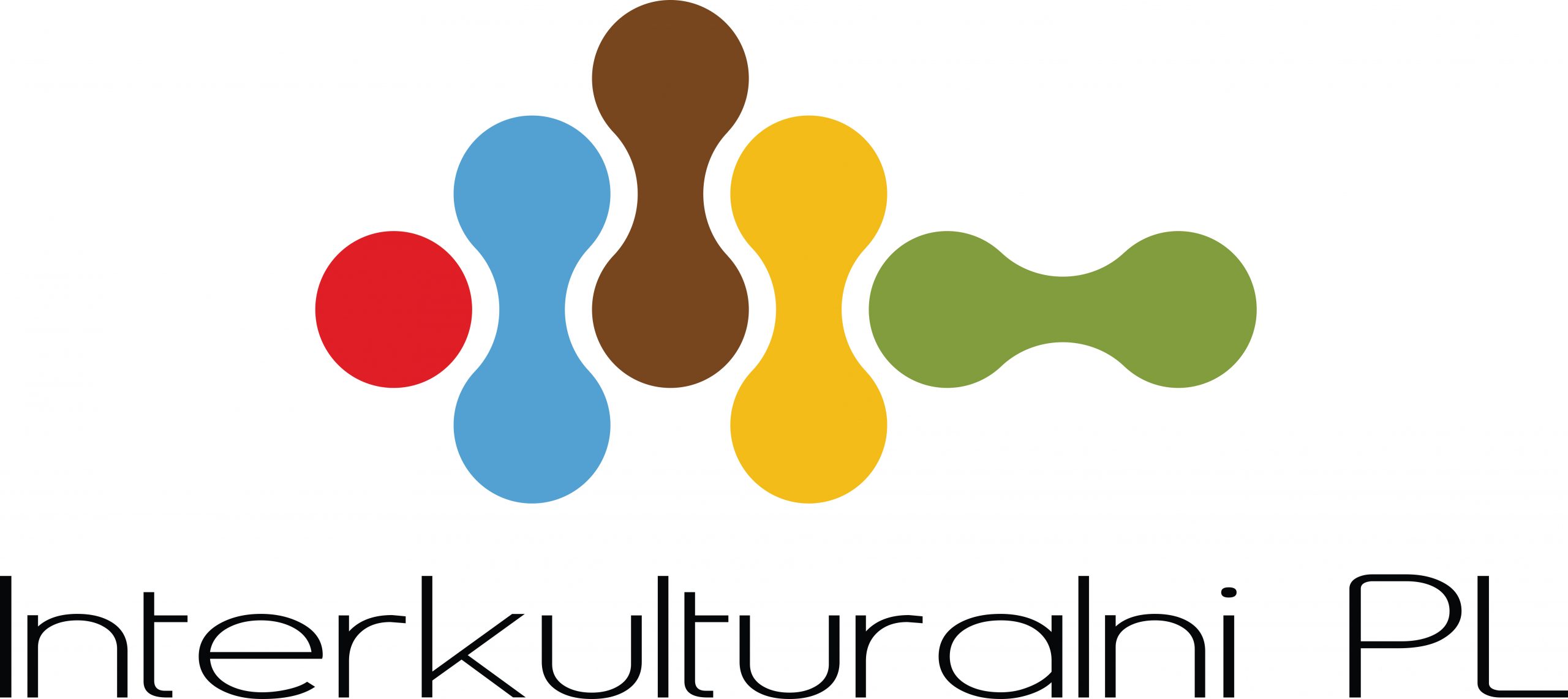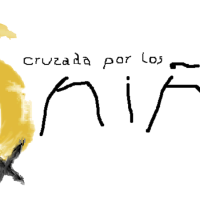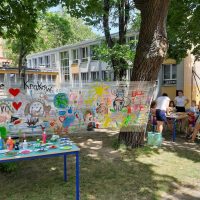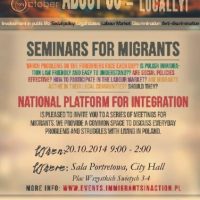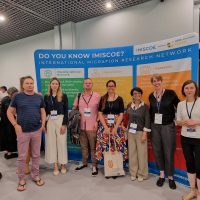Austria, Belgium, Germany, Great Britain, Italy, Portugal, and Spain are the destinations of ten people chosen in 2012 by the Polish National Agency of “Lifelong Learning Programme” in the framework of Grundtvig Assistantships. The action enables staff involved in adult education to work at an adult education organisation in another European country. Participants gain a better understanding of the educational systems of other countries, improve their work-related and intercultural skills, and enhance their knowledge of foreign languages. The programme is financed by the European Commission.
Anna Kostecka of the INTERKULTURALNI PL Association is one of the beneficiaries of the programme. She has been working in Vienna’s Intercultural Center (Interkulturelles Zentrum) since August, 2012. We would like to present a short interview and encourage you to apply for similar visits! The deadline for submitting an application in 2013 is 28th March. Detailed information on the programme: www.grundtvig.org.pl/asystentury-grundtviga.
What does your host organisation do and why did you choose it?
Interkulturelles Zentrum (IZ) is an independent non-profit organisation that has been working in the area of intercultural education, diversity management, and strengthening the structures of the civil society for 25 years. I have chosen it because it has vast experience in the field, which I am interested in, as well as I has similar profile to my Polish organisation. I encourage you to visit their website: www.iz.or.at
How does your work look like?
I am mainly working on the projects implemented by Integration and intercultural Education Department. I am preparing training programmes, conducting trainings, and taking part in the events promoting intercultural education in Austria. I am very happy because I am getting to know different approaches and methods, and I have the opportunity to work with and learn from other trainers. For me this programme is all about improving my training skills and gaining more international experience.
Apart from that, I am working with other IZ departments on projects that I find interesting and I’m visiting other organizations in Austria. I went to Istanbul two weeks ago, where I participated in creating an international network promoting equal access to the education for children in Armenia, Azerbaijan, Georgia and the Russian Republics of the North Caucasus. I am also engaged in educational projects of INTERKULTURALNI PL Association in Poland. I am currently working on the „Intercultural Academy – Good Practices”. The aim of the project is to support the initiatives promoting cultural diversity in Malopolska region.
What are the particular difficulties that you have encountered?
The biggest challenge is German language. I came to Vienna earlier to take part in the intensive language course but I am still learning (currently, I am on the B2 level). It was my conscious choice to use German at work and in the everyday life. Sometimes it may be frustrating. For instance, simple things like writing an e-mail to co-workers takes a lot of time but they are definitely worth-while. Since my command of the language has improved I have the access to knowledge and situations, which would not be otherwise attainable for me. For instance – working meeting on preparing strategy concerning inclusion of the immigrants in the labor market in Upper Austria or a trip for IZ employees, during which we were working on a strategy and innovations in the organization. Moreover, some part of the literature on intercultural education which I have recently discovered is available only in German.
What advice would you give to the people who are thinking of applying for the programme?
I strongly suggest doing it! As far as preparations are concerned, the most important thing in my opinion is to choose the right organization and set mutual expectations. Remember that you need to attach an invitation letter along with assistantship plan to your application. I had met with IZ representatives earlier and we prepared it together. The most people who were chosen, including me, decided on the long visit (45 weeks). I believe that it was also a good idea. Should anyone have questions concerning the programme please feel free to contact me via e-mail: anna.kostecka@interkulturalni.pl
